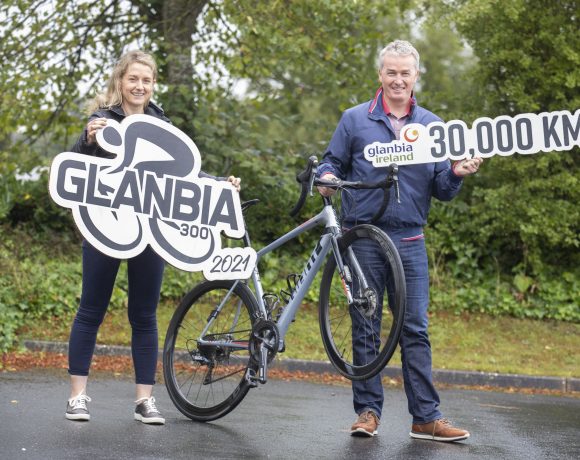ELECTION 2020 ANALYSIS: Three-card trick with only one winner

The sweeping electoral success of Sinn Féin has dealt the party a winning hand when it comes to forming a government.
There are three probable options.
- Fianna Fáil, Fine Gael and some independents form a grand coalition.
- Sinn Féin and Fianna Fáil form a government or work together in some variation on confidence and supply.
- There is another general election.
Whatever way this three-card trick plays out, Sinn Féin will be the winner.
Voters will not want another election and would punish parties they believe forced it on the country.
They would not blame Sinn Féin. Mary Lou McDonald has expressed willingness to discuss government formation with anyone. Whether she will make the compromises necessary to get a working government in place is another matter, but at this early stage she cannot be accused of intransigence.
If FF and FG refuse to negotiate, they will be blamed. And Sinn Féin would not make the mistake of running too few candidates for a second time. It would have people in place to benefit from the huge surpluses the party clocked up in Waterford, Carlow-Kilkenny, Wicklow and several other constituencies.
If Sinn Féin does go into coalition negotiations with Fianna Fáil it will do so from a position of strength.
FF may have a few more seats but SF has the high ground. Ms McDonald will be able to demand key ministries and insist on implementation of most of her party’s policies, safe in the knowledge that failed negotiations would lead to an election she will win.
Smaller parties rarely have a happy time in coalition but, in this case, regardless of the actual numbers, it is Sinn Féin who would be in the driving seat.
The reality of government would present Sinn Féin with unfamiliar problems to test its strength and cohesion. But in coalitions it is the smaller partner that always suffers and, in this case, despite the Dáil arithmetic, Fianna Fáil would be the smaller party.
The possibility of an FF-FG coalition may come into play if all else fails, but it is an unlikely option. It would look like an arrogant rejection of the voters’ wishes and the parties would suffer for it when they next went to the country.
In any case, it seems unlikely that those two parties will have the numbers to form a government by themselves; they would need the support of a few independents.
That is the proof of how far they have slipped. Forty years ago, Fianna Fáil was capable of forming a single-party government. If anyone had then forecast a day when the combined numbers of FF and FG would not add up to a Dáil majority they would have been laughed out of court.
The last time Ireland had a general election on a Saturday was in 1918. Sinn Féin won by a landslide and wiped out John Redmond’s National Party which had dominated the political debate.
It is too early to say who they might wipe out this time. The survival of Labour, the oldest party in the State, must be in doubt. Fianna Fáil and Fine Gael have been pushed closer to the amalgamation that seems inevitable one day .
But whatever parties survive, the old certainties are gone. All changed, changed utterly. But we don’t yet know what has been born.
MICHAEL WOLSEY




